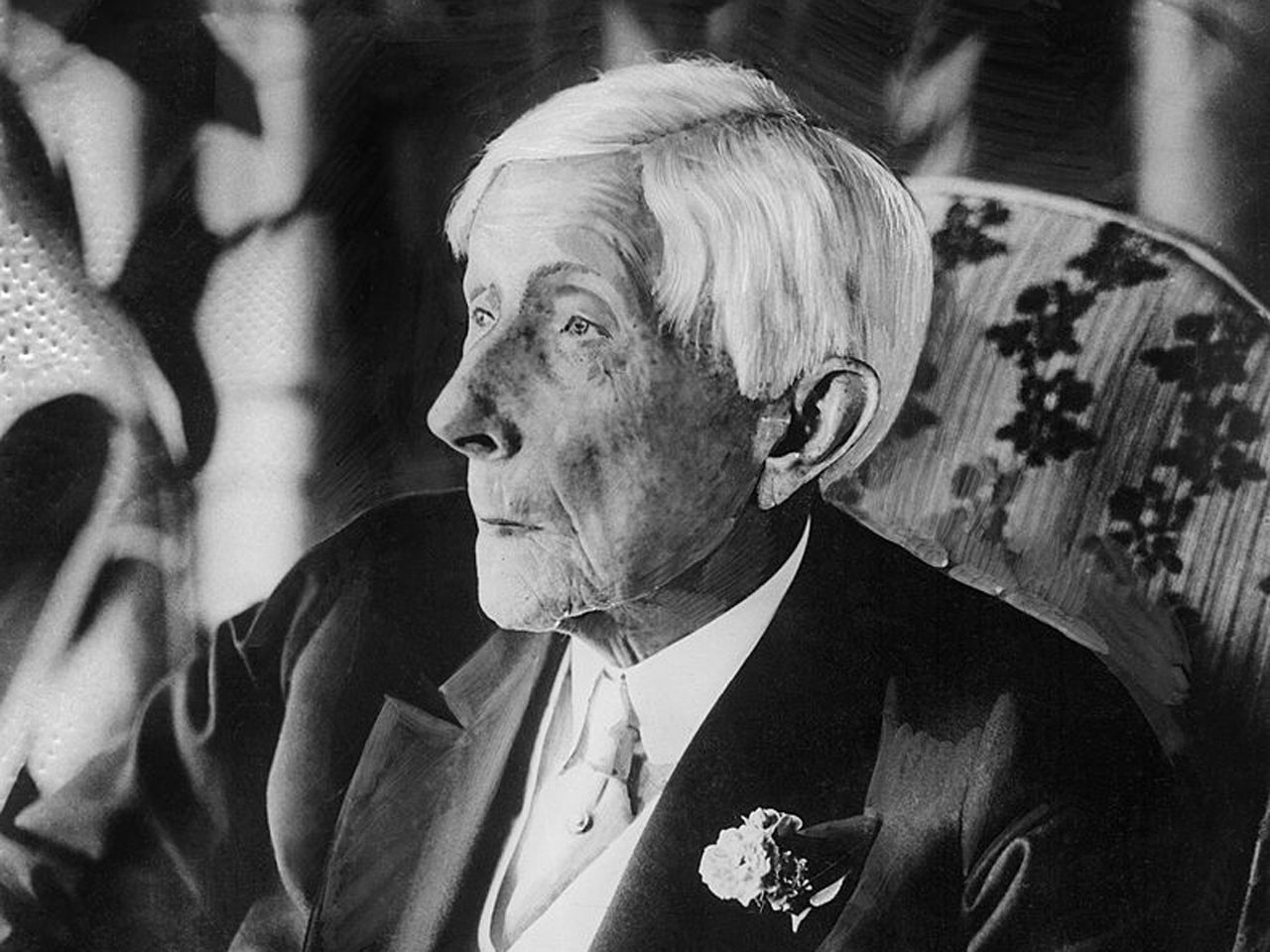The Rockefeller family net worth has long been a topic of fascination and intrigue, not just because of the staggering wealth they have accumulated over generations but also because of their profound influence on global finance, philanthropy, and politics. As one of the most iconic families in American history, the Rockefellers have built a legacy that extends far beyond their financial success. In this article, we will delve into the intricacies of their wealth, explore its origins, and analyze its current standing in the modern world.
The Rockefeller family name is synonymous with wealth, power, and influence. From their roots in the oil industry to their current ventures in various sectors, the family has maintained its status as one of the wealthiest and most influential families in the world. Understanding their net worth requires an in-depth look at their history, business acumen, and the strategic decisions that have kept their wealth intact for over a century.
In this article, we will explore the Rockefeller family's financial empire, their contributions to society, and the factors that have contributed to their enduring wealth. By the end of this piece, you will have a comprehensive understanding of their net worth and the legacy they continue to leave behind.
- Hdb4uhub A Comprehensive Guide To Your Housing Needs
- Sd Movie Point Hub Your Ultimate Guide To Streaming And Downloading Movies
Table of Contents
- The History of the Rockefeller Family
- Understanding the Rockefeller Family Net Worth
- Origins of the Wealth: Standard Oil and Beyond
- Current Financial Standing
- Diversification of Wealth
- Philanthropy and Social Impact
- Challenges Faced by the Rockefeller Family
- Biography of Key Family Members
- The Rockefeller Legacy
- Future Prospects and Outlook
The History of the Rockefeller Family
The Rockefeller family traces its roots back to John D. Rockefeller, who founded Standard Oil in 1870. This marked the beginning of a financial dynasty that would dominate the oil industry and shape the economic landscape of the United States. John D. Rockefeller's innovative business practices and relentless pursuit of efficiency made Standard Oil the largest oil refining company in the world during its time.
As the family expanded, they ventured into banking, real estate, and other industries, solidifying their position as one of the wealthiest families in history. Their influence extended beyond business, with key family members playing significant roles in politics, philanthropy, and cultural development.
Key Historical Milestones
- 1870: Establishment of Standard Oil by John D. Rockefeller.
- 1911: Dissolution of Standard Oil due to antitrust laws, creating numerous smaller companies.
- 20th Century: Expansion into banking, real estate, and other industries.
Understanding the Rockefeller Family Net Worth
The Rockefeller family net worth is estimated to be in the tens of billions of dollars. However, calculating their exact wealth is challenging due to the diversification of assets across multiple family members and entities. The family's wealth is not centralized but spread across trusts, foundations, and individual holdings.
- Hdb4u Tv Your Ultimate Streaming Destination
- Mkpoint Movies Download Your Ultimate Guide To Legal And Safe Movie Streaming
According to Forbes, the Rockefeller family's combined wealth is estimated to be around $11 billion as of 2023. This figure represents a fraction of the wealth they once held, as much of it has been distributed through philanthropy and inheritance.
Factors Influencing Net Worth
- Diversification of assets into various industries.
- Strategic investments in real estate and finance.
- Generational wealth management through trusts and foundations.
Origins of the Wealth: Standard Oil and Beyond
The foundation of the Rockefeller family's wealth lies in the oil industry. John D. Rockefeller's Standard Oil Company revolutionized the oil refining process and established a monopoly in the industry. By controlling every aspect of the supply chain, from production to distribution, Standard Oil became the dominant force in the global oil market.
However, the company's success also attracted scrutiny, leading to its dissolution in 1911 under the Sherman Antitrust Act. This breakup created numerous smaller companies, including Exxon and Mobil, which continue to thrive today.
Impact of Standard Oil's Breakup
- Creation of smaller, yet profitable companies.
- Increased competition in the oil industry.
- Establishment of a legal framework for antitrust regulation.
Current Financial Standing
Today, the Rockefeller family's wealth is primarily concentrated in real estate, finance, and philanthropy. The family owns significant stakes in companies like Citigroup and Chase Manhattan Bank, which have played crucial roles in shaping the global financial landscape.
Additionally, the family's real estate portfolio includes iconic properties such as Rockefeller Center in New York City, which remains a symbol of their enduring influence.
Key Financial Holdings
- Rockefeller Center: A landmark property in New York City.
- Citigroup: A major stake in one of the world's largest banks.
- Chase Manhattan Bank: Significant ownership and influence.
Diversification of Wealth
The Rockefeller family's ability to diversify their wealth has been a key factor in maintaining their financial stability over the years. By investing in various industries and spreading their assets across different entities, they have ensured that their wealth is not tied to a single sector or company.
This diversification strategy has allowed them to weather economic downturns and adapt to changing market conditions, ensuring the longevity of their financial empire.
Industries of Focus
- Real Estate: Ownership of prime properties in major cities.
- Finance: Significant stakes in banking and financial institutions.
- Philanthropy: Generous contributions to education, healthcare, and the arts.
Philanthropy and Social Impact
The Rockefeller family has a long history of philanthropy, with contributions spanning education, healthcare, and the arts. The Rockefeller Foundation, established in 1913, has funded groundbreaking research and initiatives that have improved the lives of millions around the world.
Through their philanthropic efforts, the family has addressed critical issues such as global health, poverty alleviation, and environmental sustainability, leaving a lasting impact on society.
Notable Philanthropic Achievements
- Establishment of the University of Chicago and Rockefeller University.
- Funding of medical research and healthcare initiatives.
- Support for the arts and cultural development.
Challenges Faced by the Rockefeller Family
Despite their immense wealth and influence, the Rockefeller family has faced numerous challenges throughout its history. From legal battles over antitrust laws to public scrutiny of their business practices, the family has navigated a complex landscape of legal, social, and economic issues.
In recent years, the family has also faced criticism for their involvement in fossil fuels and climate change, prompting them to shift their focus toward sustainable investments and renewable energy.
Addressing Modern Challenges
- Transition to sustainable investments and renewable energy.
- Engagement in climate change initiatives and environmental advocacy.
- Adaptation to changing societal values and expectations.
Biography of Key Family Members
The Rockefeller family has produced numerous influential figures who have left an indelible mark on history. Below is a brief biography of some of the key family members, along with their contributions to the family's legacy.
Biographical Data
| Name | Birth | Death | Contribution |
|---|---|---|---|
| John D. Rockefeller | 1839 | 1937 | Founder of Standard Oil and pioneer of modern philanthropy. |
| John D. Rockefeller Jr. | 1874 | 1960 | Philanthropist and builder of Rockefeller Center. |
| David Rockefeller | 1915 | 2017 | Banker and philanthropist, former chairman of Chase Manhattan Bank. |
The Rockefeller Legacy
The Rockefeller family's legacy extends far beyond their financial wealth. Through their contributions to philanthropy, education, and cultural development, they have left an enduring impact on society. Their commitment to improving the world has inspired countless others to follow in their footsteps.
As the family continues to evolve, they remain committed to addressing the challenges of the modern world, ensuring that their legacy endures for generations to come.
Enduring Contributions
- Advancement of medical research and healthcare.
- Support for education and cultural institutions.
- Leadership in sustainable development and environmental advocacy.
Future Prospects and Outlook
The future of the Rockefeller family looks promising, with younger generations continuing to build on the foundation laid by their ancestors. By embracing innovation, sustainability, and social responsibility, the family is well-positioned to thrive in an ever-changing world.
As they navigate the complexities of the modern era, the Rockefellers remain committed to their core values of philanthropy, leadership, and integrity, ensuring that their legacy continues to inspire and influence generations to come.
Conclusion
In conclusion, the Rockefeller family net worth is a testament to their enduring legacy of wealth, influence, and philanthropy. From their origins in the oil industry to their current ventures in real estate, finance, and sustainable investments, the family has demonstrated remarkable adaptability and foresight.
We invite you to share your thoughts and insights in the comments below. For more articles on wealth, legacy, and influential families, explore our website and stay updated on the latest developments in the world of finance and philanthropy.
- Abu Mudarris Net Worth 2025 A Comprehensive Guide To His Wealth And Achievements
- Wwwmovierulzcom 2025 Download Your Ultimate Guide To Legal And Secure Movie Downloads


